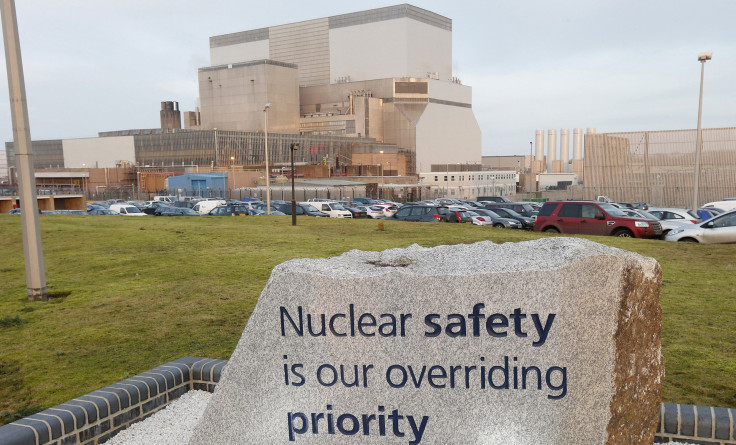Consortium Led By France's EDF, And Including 2 Chinese Companies, To Build UK’s First Nuclear Plant Since 1995, Will Create 25K Jobs

Electricite de France SA, or EDF (EPA:EDF), a French utility company, and the British government have signed a deal to build the UK’s first nuclear power plant since 1995, and the project is expected to create thousands of jobs in the country.
EDF, headquartered in Paris, announced on Monday that the agreement was reached after the British government agreed to pay a price of 92.50 pounds a megawatt-hour over a period of 35 years for electricity produced at Hinkley Point C in Somerset in southwestern England. If EDF goes ahead with a second nuclear project at Sizewell in Suffolk, the strike price will drop to 89.50 pounds. The project will cost about $25.9 billion (16 billion pounds) and take 10 years to build.
“This deal means £16 billion of investment coming into the country and the creation of 25,000 jobs, which is brilliant news for the southwest and for the country as a whole,” Prime Minister David Cameron said in a statement on Monday. “This also marks the next generation of nuclear power in Britain, which has an important part to play in contributing to our future energy needs.”
EDF said it would have a 45 percent to 50 percent stake in the consortium to build two European Pressurised Water Reactors at Hinkley Point C. Two Chinese companies in the consortium, including China General Nuclear Corporation and China National Nuclear Corporation will have a combined stake of 30 percent to 40 percent while France’s Areva (EPA:AREVA), which will supply the reactors, will take a 10 percent stake. Other partners may take as much as 15 percent.
According to forecasts by UK’s Department for Energy and Climate Change, electricity from the new power plant will be competitive with future gas-generation prices and all low-carbon energy sources. The program is expected save British households around £74 a year in today’s prices by 2026-2030.
Although EDF currently owns eight nuclear stations with a capacity of nearly 9 gigawatts in the UK, only the 1.2-gigawatt Sizewell B, the country’s youngest plant completed in 1995, is scheduled to stay open until 2023, Bloomberg reported.
“This is an excellent deal for Britain and British consumers,” Edward Davey, UK’s secretary of state for energy and climate, said in a statement. “For the first time, a nuclear power station in this country will not have been built with money from the British taxpayer. It will increase energy security and resilience from a safe, reliable, homegrown source of electricity.”
The project is seen as a boost for the worldwide nuclear industry, which has suffered a setback and seen projects cancelled since the Fukushima disaster in Japan when a giant tsunami triggered by an earthquake severely damaged the plant in March 2011. For instance, Germany decided to wind down its nuclear plants after the accident while Italy recently scrapped a planned nuclear program.
Meanwhile, several British media agencies have criticized the Hinkley Point project, saying it would increase power prices while some analysts said it was too early to estimate the impact of the deal, according to Reuters.
© Copyright IBTimes 2025. All rights reserved.






















